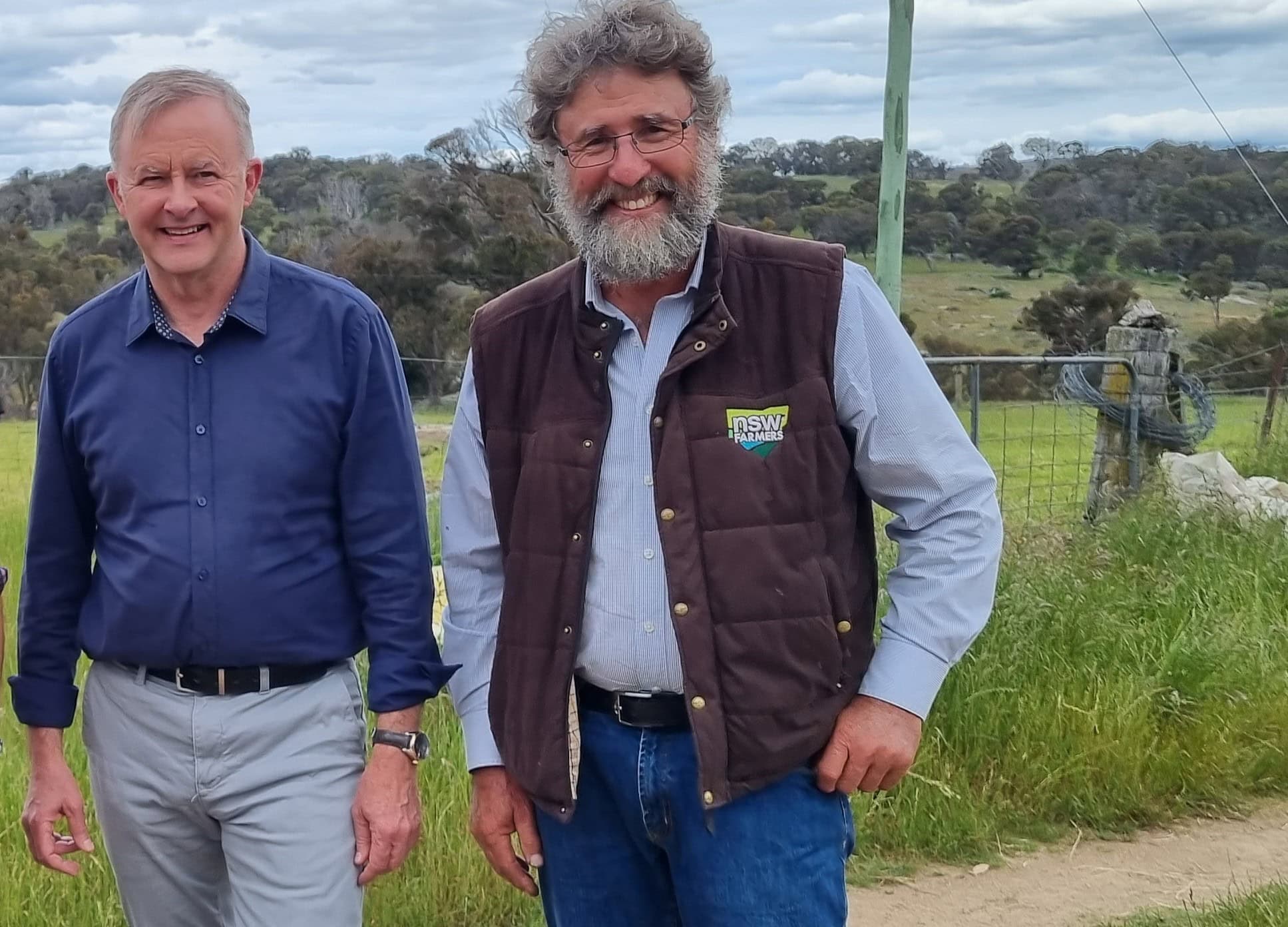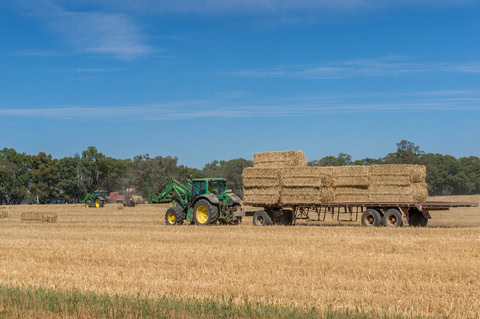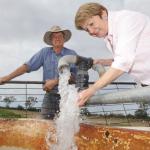Farms will be spared from an annual property tax in the NSW Government’s proposed stamp…
Albo must rule out road tax on tractors

The Grattan Institute’s proposal to impose a road users fuel tax on farm vehicles would drastically increase the cost of producing food and fibre when families can least afford it, James Jackson from NSW Farmers says.
“After nine consecutive interest rate rises all Australians are feeling the pinch, and here come these ‘experts’ with a plan to make food more expensive!” Mr Jackson said.
“Fuel is one of the most expensive input costs in producing food, and making it more expensive for farmers means families will pay more at the checkout.
“If the Prime Minister does not immediately rule out adopting this foolish plan and pushes ahead with this madness, he can expect to see 10,000 tractors in Canberra.”
Mr Jackson hosted a visit from the Prime Minister at his Guyra farm last year, and said the issue of farm fuel taxes was raised.

“People can choose to drive an electric car – they don’t pay this tax by the way – but farmers cannot choose not to use diesel to produce our food,” Mr Jackson said.
“The very idea of imposing a road user charge on off-road vehicles is silly to start with, but in this case it will hurt all Australians and our farm businesses.
“We need a firm commitment from the PM to rule out taxing farm fuel.”
You can read the Grattan Institute proposal at https://grattan.edu.au/report/fuelling-budget-repair/
Fuelling a economic disaster
National Farmers Federation President Fiona Simson warned that slashing the fuel tax credits scheme, as proposed by the Grattan Institute, would be economically disastrous.
“Farmers are already battling a cost of farming crisis, with fuel, fertiliser and other inputs at historically high levels. We’re seeing this reflected in the food price inflation causing pain for families at the supermarket checkout,” Ms Simson said.
“Levelling billions in new taxes on the supply chain is a recipe for further inflation.”
Ms Simson said that as a road tax, it made no sense to extend fuel excise to off-road vehicles.
“Imposing a road tax on vehicles that don’t use roads just doesn’t stack up. Tractors and boats don’t drive on roads, so they shouldn’t pay road tax. It’s pretty simple.
“Should we also start paying tolls on toll roads we don’t drive on?” Ms Simson asked.
“The idea that we’ll simply switch away from diesel is a dangerous fantasy. The only way to use less diesel is to grow less food.

“The report released by the Grattan institute glosses over this inconvenient truth, instead pointing to future technologies not available at commercial scale.
The NFF said its advocacy on this issue would intensify in the lead up to the Budget.
The Victorian Farmers Federation (VFF) says proposed changes to the Fuel Tax Credits Scheme as flagged by the Grattan Institute would further increase the already sky-high cost of living pressures on consumers and further financially strain farmers.
VFF President Emma Germano joined calls by NSW Farmers and NFF for Federal Treasurer Jim Chalmers to urgently rule out changes to the Fuel Tax Credits Scheme ahead of the Federal Budget.
“It’s essentially a tax on food at the worst possible time and an unnecessary cost farmers can’t burden,” Ms Germani said.
An extra $18,000 fuel tax bill
Farming in the Wimmera region in north western Victoria, grain farmer David Jochinke says the proposal to pay fuel excise for off road use would cost his business dearly.
“We use around 80,000 litres of diesel each year to plant and harvest crops,” Mr Jochinke said. “On a typical farm like mine, the proposal that’s been floated would equate to an annual tax of nearly $18,000.
“That’s on top of high prices for fuel, fertiliser and power that have really pinched in recent years. And there’s nothing I could do about this. There’s just no alternative to diesel.”
The Farmer magazine recently explored the future of fuel on farms. Read the story here.








